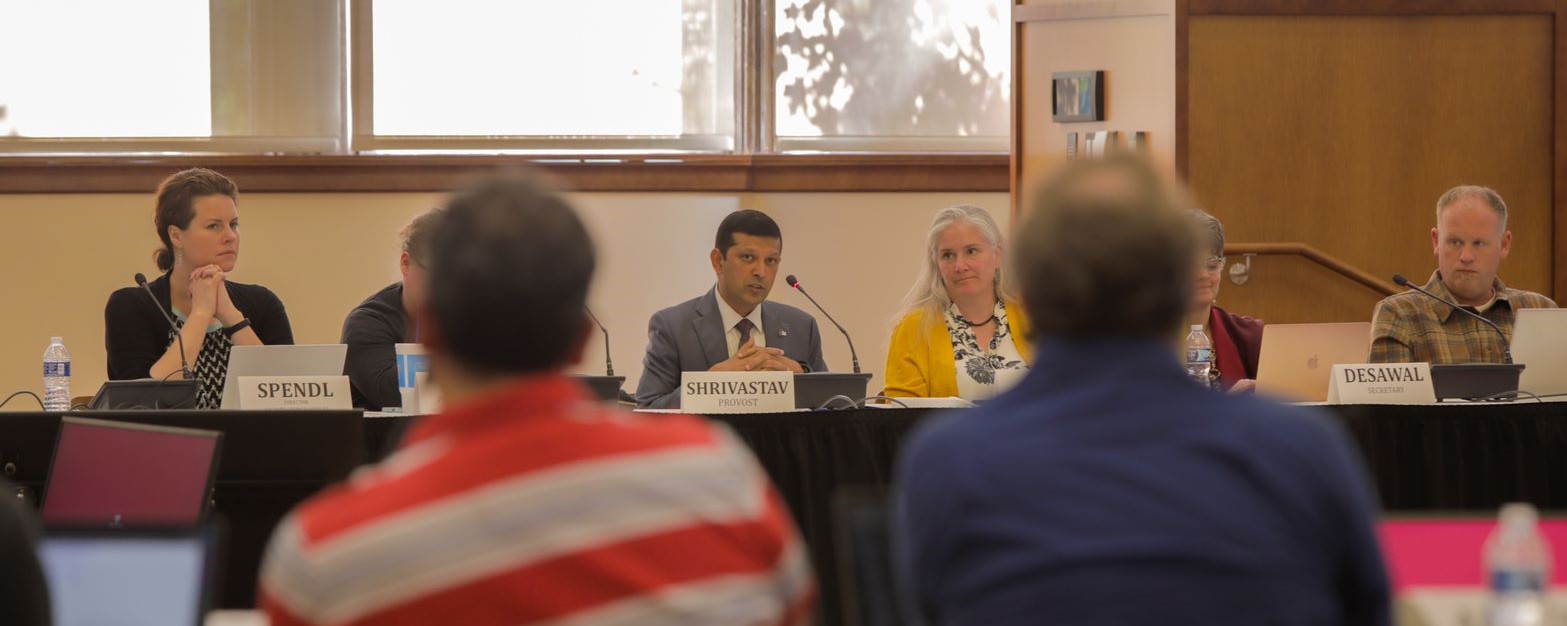Bloomington Faculty who have been adversely affected by administrative action have several avenues for seeking review.
The faculty member typically begins by discussing the action with the department chair, executive associate dean, or other senior administrator in the individual unit. If a satisfactory compromise is not reached, the faculty member may consult with the Vice Provost for Faculty and Academic Affairs.
If an informal resolution is still not achieved, a faculty member may seek the assistance of the Mediation Committee or file a formal grievance with the Faculty Board of Review.


